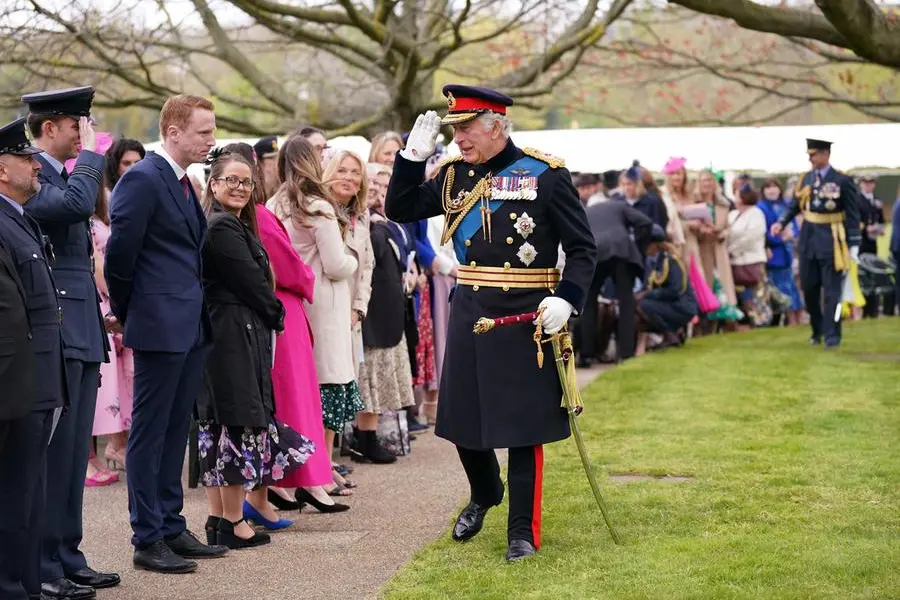PHOTO
LONDON - King Charles became monarch of the United Kingdom and 14 other realms on the death of his mother Queen Elizabeth in September, but in May he will be crowned in a ceremony full of pomp, pageantry and solemn religious significance.
Why is he crowned and what does it all mean?
WHAT'S THE HISTORY OF CORONATIONS?
For the best part of a thousand years, the kings and queens of England and Britain have been crowned at London's Westminster Abbey in a ceremony that has changed little throughout the centuries.
There have been 38 monarchs crowned at the Abbey - Edward V, one of two young princes believed to have been murdered in the Tower of London in the 15th Century, and Edward VIII, who abdicated to marry American divorcee Wallis Simpson, were not crowned.
IS THE CORONATION CEREMONY UNIQUE?
The coronation is not essential and no other monarchy across the globe has an event in the same style.
"The form of the ceremony that we'll see when Charles III is crowned is unique to this country and unique in its survival," royal historian Alice Hunt said.
It is organised by the Earl Marshal, England's most senior peer who is in charge of state occasions and which for centuries has been a position mainly held by The Duke of Norfolk and the Howard family.
Currently, it is the job of Edward Fitzalan-Howard, the current Duke of Norfolk who also arranged Queen Elizabeth's funeral.
WHY HAVE A CORONATION?
Originally, a coronation was a necessity for a monarch but is now a ceremonial event.
"In this country, the coronation still kind of persisted as a moment that would really legitimise that monarch in a public way," Hunt said.
"It has also always retained at its heart, a kind of religious moment of transformation. Although the monarch is the monarch from the moment the predecessor has died, the language of the coronation ceremony from since it was locked down in the 14th Century has still articulated that the king or queen somehow changes during that ceremony."
WHAT HAPPENS AT THE CORONATION?
The coronation service is a solemn, religious occasion and full of symbolism. Charles will take an oath to uphold the law and the Church of England.
Sitting on the historic Coronation Chair, known as King Edward's chair and containing the Stone of Destiny, he will be anointed by the Archbishop of Canterbury, the spiritual leader of the worldwide Anglican Communion, with holy oil consecrated in Jerusalem.
It is the centre point of the ceremony and signals the conferment of God's grace on the sovereign.
"It's very easy with a religious ceremony to let the words kind of wash over you," Hunt said. "But listen to what is being said around what is happening at that moment of anointing. That's really unique and quite powerful, and has a long, long history."
Charles will also be presented with various hugely ornate golden orbs, sceptres, swords and a ring, which all form part of the Crown Jewels and variously symbolise the monarch's power, authority and duties, and the power of God.
The Archbishop will then place the heavy St Edward's Crown, used in coronations for the last 350 years, upon his head. It will not be just Charles who is crowned. His wife Camilla will also go through a simpler, mini-coronation ceremony as queen.
Charles will leave the Abbey wearing a different crown, the Imperial State Crown.
(Reporting by Michael Holden; Editing by Angus MacSwan)





















